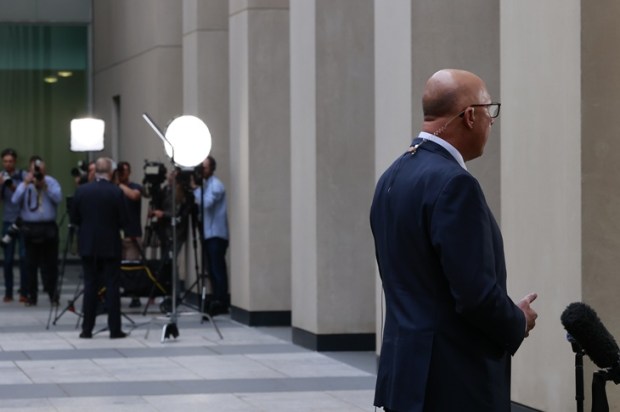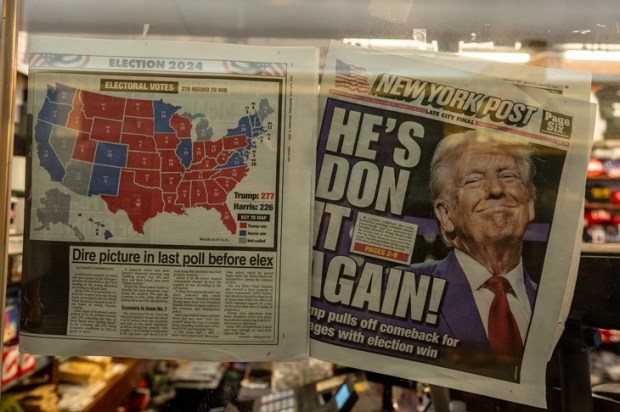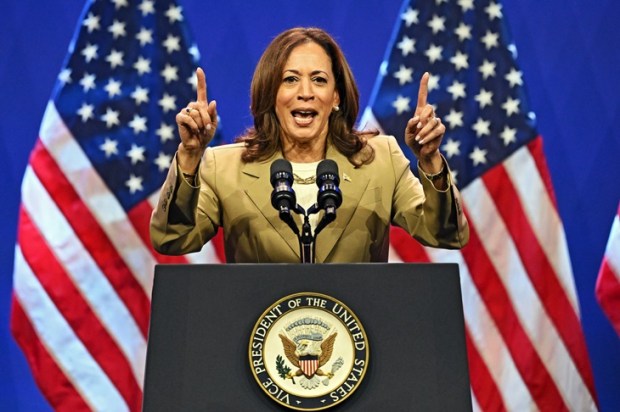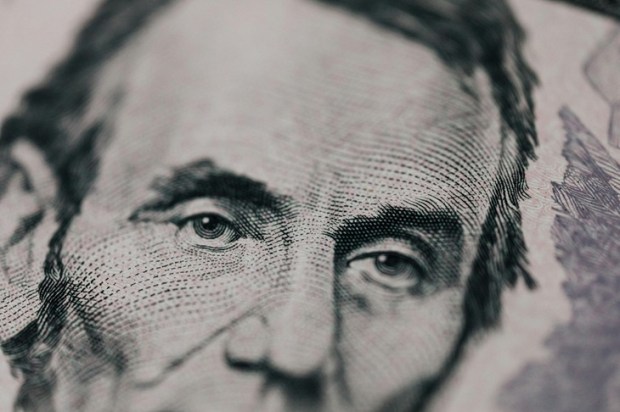‘Tariff’ has staked an early claim to the title of 2025 Word of the Year. Highly relevant and commonly misunderstood – as all contenders should be – Google search traffic for the term surged by over 600 per cent between January 30 and February 3.
In under 1,000 words, I will aim to answer three key questions that have dominated the recent public discourse: what are tariffs, why do economists hate them, and why do (some) politicians love them?
What is a tariff?
A tariff is a tax levied on imported goods. Although governments pass tariffs to injure foreign suppliers, the effects are often self-destructive.
Suppose that an American grocery retailer buys eggs from a Canadian wholesaler. If the US imposes a 25 per cent tariff on Canada, then that grocery retailer would be required to pay the US government $25 for every $100 of imported eggs. The tariff would effectively make Canadian eggs more expensive for the grocery retailer, who would then pass on some of these additional costs to its customers in the form of higher prices.
How much higher? The answer to that question depends on what economists call the price elasticity of demand. The grocery retailer knows that demand for eggs remains relatively stable even when prices increase, so it can afford to pass on most or all of the tariff to customers without taking a substantial hit to sales. In econ-speak, the demand for eggs is inelastic.
Conversely, let’s consider a technology store that imports high-end electronics from Canada. Demand for high-end electronics is considered elastic because customers greatly reduce their consumption of such products when prices rise. As a result, the tech store would have to absorb the cost of the tariff, reduce the volume of its imports, and potentially slash its workforce.
Of course, these importers may choose to avoid the tariffs altogether by sourcing their eggs and electronics through alternative channels. Either way, costs go up and people on both sides of the border suffer.
Tariffs may also have knock-on effects on other types of markets, such as the market for foreign exchange. A tariff imposed on Canada would dampen demand for Canadian imports, and in turn Canadian dollars, causing the currency to depreciate.
Why do economists hate tariffs?
All taxes raise costs to businesses and customers, so it’s reasonable to wonder why economists reserve a special disdain for tariffs. There are two answers to that question.
First, international trade is a powerful driver of prosperity because it allows countries to specialise in the goods and services that they can produce most efficiently. This idea is not just backed by elegant mathematical models – such as David Ricardo’s classical theory of comparative advantage – but also by a multitude of real-world success stories.
Australia is one such story, though we have not benefited from trade nearly as much as our counterparts in the developing world. An independent report commissioned by the Department of Foreign Affairs and Trade (DFAT) estimated that our gross domestic product in 2016 was 5.4 per cent higher as a result of the post-1986 merchandise trade liberalisation, while wages were 7.4 per cent higher and prices 3.4 per cent lower.
Tariffs negate the benefits of trade by discouraging the exchange of goods and services and forcing customers to settle for lower-quality products at higher prices.
Second, the economic consequences of tariffs extend well beyond the immediate costs to businesses and customers. A country slapped with a tariff will usually retaliate in kind, with successive tit-for-tat measures sometimes devolving into all-out trade wars that enervate global supply chains.
For instance, the production of American automobiles requires car parts to be sent back and forth across the Canadian and Mexican borders several times before the final product is ready. If a North American trade war were to break out, all importers of American cars would be in the firing line.
Tariffs may also insulate domestic firms from competition by freezing out foreign suppliers. It is widely accepted that a weakening of competitive constraints diminishes incentives for innovation and productivity. In many countries, domestic industries that received ‘protection’ through tariffs during the 20th Century remain underdeveloped to this day (though there are some notable exceptions).
Why do (some) politicians love tariffs?
Why the most powerful person in the world would adopt the title of ‘Tariff Man’ is anyone’s guess. And yet it’s entirely true that tariffs possess certain properties that make them an effective negotiation tool for the United States.
The size and complexity of the US economy is a luxury that few other nations share. Trade restrictions would certainly pinch Americans, but they would cripple the likes of Colombia, Mexico, and even Canada – all of whom have caved under the threat of Tariff Man’s tariffs.
The US is the largest buyer of exports from all three of these countries, purchasing 27 per cent of Colombian exports, 76 per cent of Canadian exports and 78 per cent of Mexican exports. Although Canada and Mexico are the top two export destinations for the US, they each account for less than 18 per cent of American exports.
While some economists have suggested that the US’s major trading partners may defect to China in response to the elevated threat of tariffs, diversifying one’s trading partners is no easy feat. For better or for worse, the easiest course of action for these countries is to preserve the relationship with America – and Tariff Man knows that.
More generally, governments may impose tariffs to shield industries deemed critical to the national interest (though this can often backfire for reasons articulated above), weaken perceived geopolitical threats, or increase the supply of domestic jobs in the short term.
The politicisation of issues does strange things to the human psyche. No matter where we stand on trade policy, let us ensure that we mould our opinions to fit the facts – and not the other way around.

























